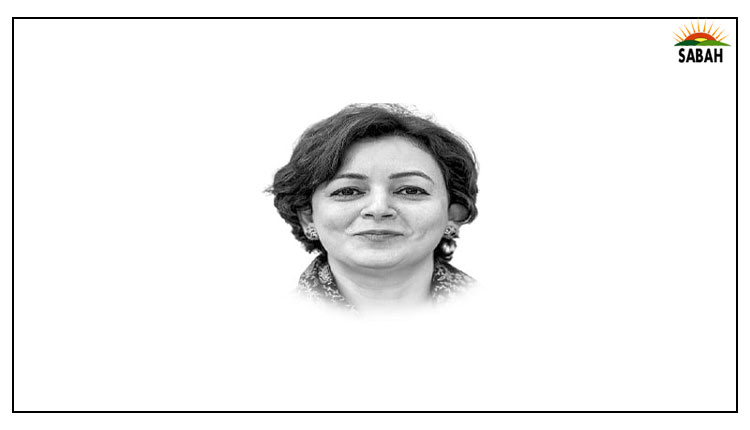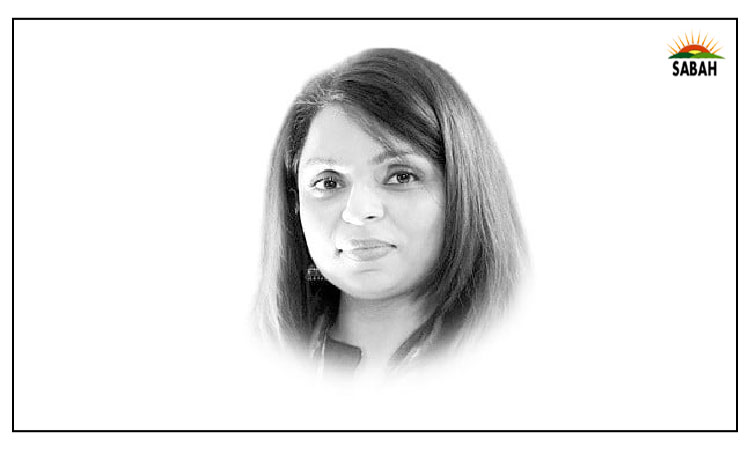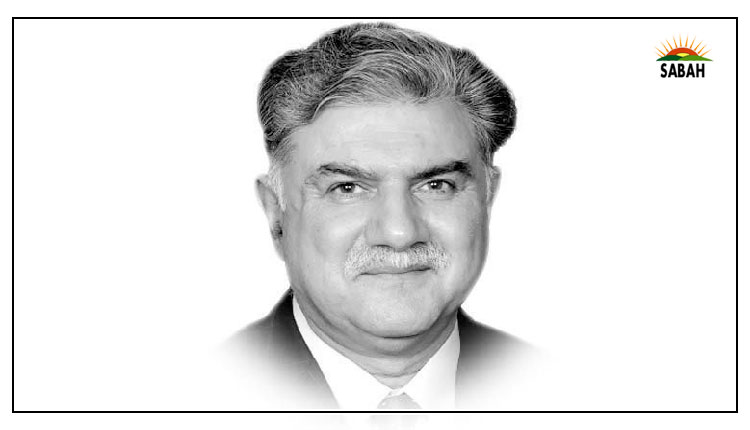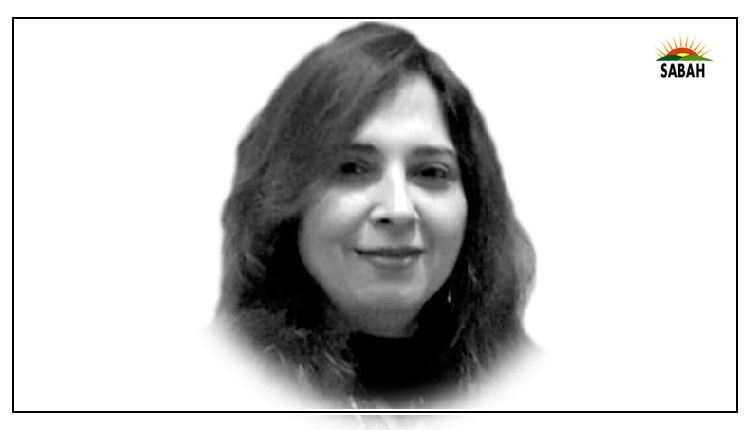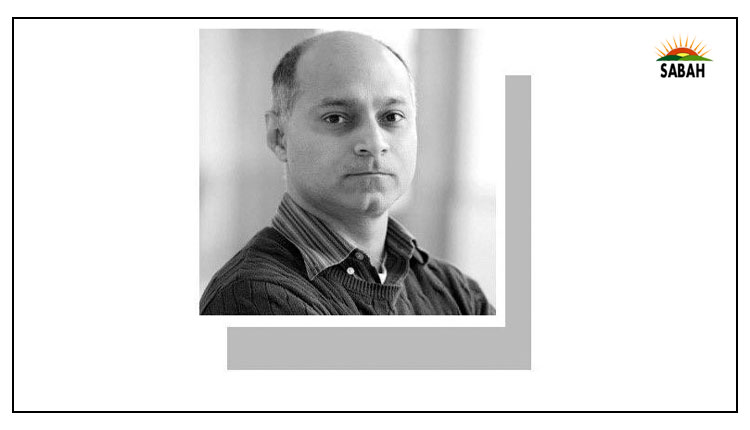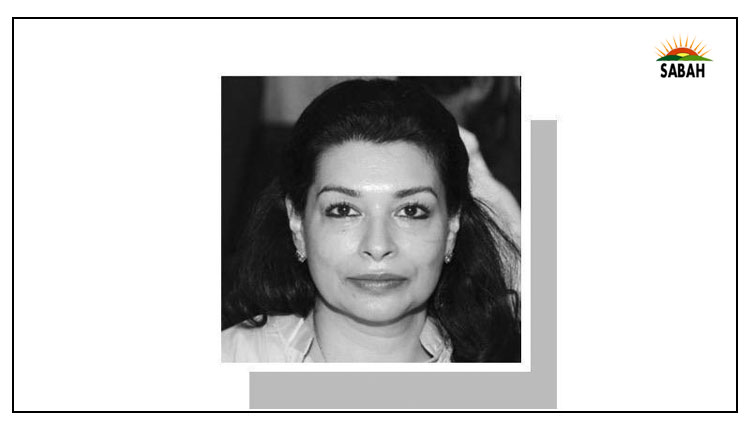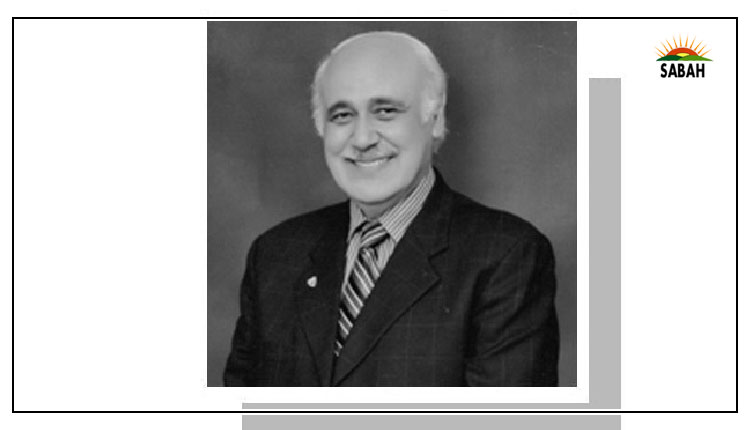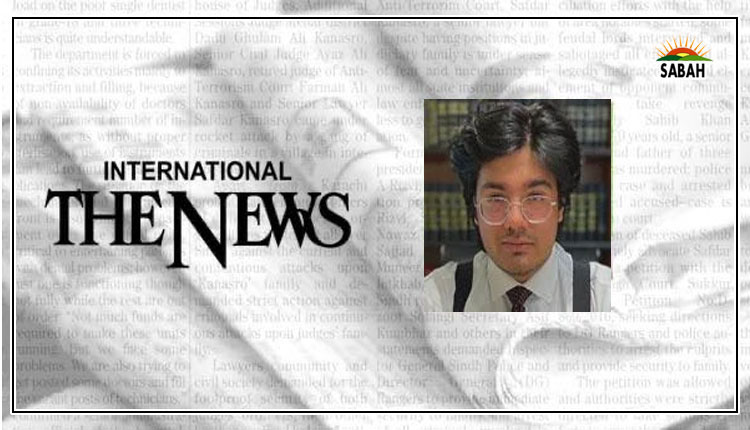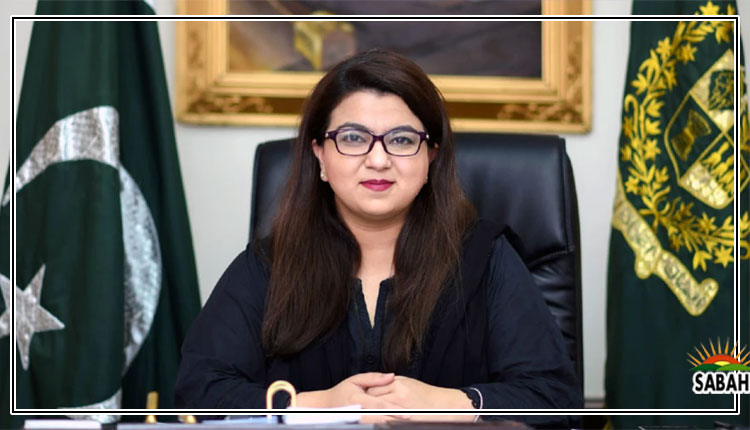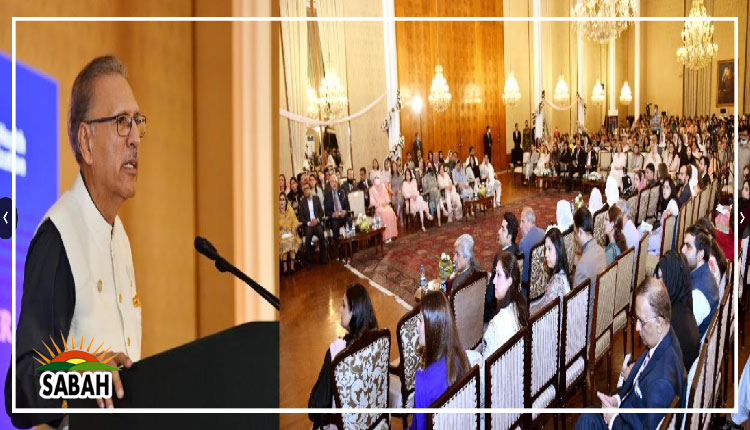President Alvi for promoting self-examination for early detection of breast cancer
ISLAMABAD, Oct 10 (SABAH): President Dr. Arif Alvi has emphasised the need to promote the habit of self-examination among women for the early detection of breast cancer, adding that Pakistan needed to focus on preventing the incidents of diseases, especially breast cancer, as being a developing country, it was under-equipped and under-resourced to provide curative treatment to the entirety of its population.
President Dr. Arif Alvi expressed these views while addressing the launching ceremony of the Breast Cancer Awareness Campaign 2022, held at Aiwan-e-Sadr on Monday. First Lady of Pakistan, Begum Samina Arif Alvi, Surgeon General of Pakistan, Lt. General Nigar Johar, Country Head of World Health Organization (WHO) on Breast Cancer, Dr. Palitha Mahipala, also addressed the ceremony. Members of the diplomatic and medical community, women and female students were also present on the occasion.
Addressing the occasion, the President said that as Pakistan was lacking in resources, it was under-equipped to provide mammography and screening facilities to its entire women population. He added that breast cancer could be detected at the early stages by inculcating among women the habit of self-examination of their breasts and the surrounding areas for signs of lumps or other unusual symptoms. He said that early diagnosis of breast cancer and proper treatment could help increase the chances of survival among women, adding that chances of cure at early stages were as high as 98%.
President Dr. Arif Alvi highlighted that during the COVID-19 pandemic, Pakistan adopted the necessary precautionary measures and relevant SOPs while keeping businesses and mosques open, which led to the containment of the virus. He said that lessons from the effective management of the pandemic as well as the anti-polio campaign needed to be replicated to overcome other diseases.
The President urged the need to create awareness about women’s health issues through media products and strategic messaging during daily talk shows, dramas and movies. He said that social media platforms, mass messaging applications, and digital media influencers could also help spread the message of awareness among the people. He also appreciated the Pakistan Telecommunication Authority and telecom companies for spreading awareness about breast cancer to millions of people in Pakistan through the call caution audio tones.
The President appreciated the First Lady for her resolve to raise awareness about the prevalence and high mortality rate of breast cancer in Pakistan. He said that her sustained efforts had led to an increase in the diagnosis of first-stage cancer cases in women in different hospitals of the country.
The President highlighted that he had also written letters to Prime Minster, Ministers, parliamentarians, and media to solicit their support in this great cause for women and had asked them to wear and display “pink ribbons” during October to create awareness about the deadly disease.
The President also expressed concern over the high prevalence of malnutrition and stunting in women and children, adding that 38% of children in Pakistan suffered from malnutrition-induced stunting. He regretted that the practice of breastfeeding children was dwindling in the country, which needed to be revitalized to overcome malnutrition in children. He said that as per the guidelines of WHO, children should be specifically breastfed during the first six months after birth, and intake of water and other foods should also be avoided.
He also highlighted the need to create awareness about the rights of differently-abled people, besides empowering them financially by equipping them with marketable skills and employing them in different sectors of the economy.
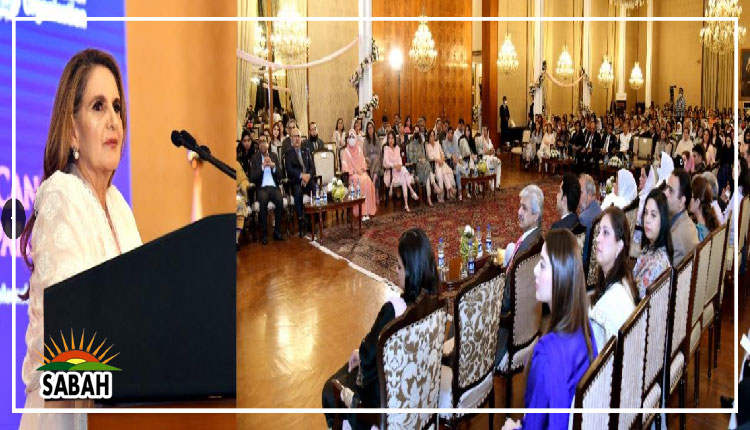
First Lady of Pakistan, Begum Samina Arif Alvi, while addressing the ceremony highlighted that her four-year sustained and continuous efforts were yielding results and women in the far-flung areas of the country were also becoming aware of the deadliness of breast cancer and the number of early-stage breast cancer cases had almost doubled in different hospitals of the country.
Begum Samina Alvi regretted that almost 100,000 cases of breast cancer were reported in Pakistan and almost 50% of women died every year due to a lack of awareness about its symptoms. She called upon the hospitals to hold free screening camps to detect breast cancer in women at the earliest stages for reducing the high mortality rate in Pakistan.
Begum Samina Alvi highlighted that women had to face social pressures and immense physical and mental stress due to breast cancer. She urged the need to provide moral support to women and called for establishing support groups for breast cancer patients and survivors. She also urged women to not ignore their health as their families and the entire nation depended upon them.
Begum Samina Alvi expressed her grief over the devastation and loss of lives due to climate change-induced floods in the country. She informed that this year, public and private buildings would not be illuminated in “pink” and the amount saved would be donated to flood victims to alleviate their sufferings.
Country Head of WHO, Dr Palitha Mahipala, while addressing the occasion appreciated the efforts of the First Lady for the cause of women in Pakistan. He highlighted that the survival rate of breast cancer patients in high-income countries was almost 80%, which could be replicated in Pakistan through the early detection of breast cancer. He informed that South Asia had one of the highest mortality rates due to breast cancer in the world, adding that self-examination, early detection, clinical examination and early treatment were the best way to cure breast cancer.
Surgeon General of Pakistan, Lt. General Nigar Johar, while addressing the ceremony highlighted that 50% population of the country was at risk of breast cancer. She informed that diagnostic and therapeutic facilities in the country had improved, however, she called upon women to develop the habit of examining their breasts and its surrounding areas once a month for early detection.


